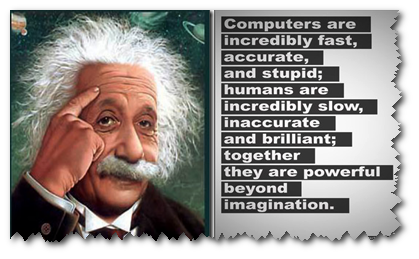 Personality At Work: The Role of Individual Differences In The Workplace by Adrian Furnham
Personality At Work: The Role of Individual Differences In The Workplace by Adrian FurnhamPersonality At Work: The Role of Individual Differences In The WorkplaceBy Adrian Furnham
Publisher: Routledge Number Of Pages: 448 Publication Date: 1994-04-13 ISBN-10 / ASIN: 0415106486 ISBN-13 / EAN: 9780415106481 Binding: Paperback
Personality at Work examines the increasingly controversial role of individual differences in predicting and determining behavior at work. Adrian Furnham asks whether psychological tests measuring personality traits can predict behavior at work, such as job satisfaction, productivity, absenteeism and turnover. A comprehensive review of the literature from psychology, sociology and management science, this book is the only exhaustive and incisive multidisciplinary work to assess the role of psychological testing in the management of the workplace. As such, this volume is an enormously useful resource for the researcher and practitioner, as well as for students of psychology, management science and sociology.
Summary: Broad albeit detailedRating: 5
This book covers comprehensive areas in Industrial/Organizational Psychology, such as, vocational choice, work motivation and satisfaction, and selection, to which how personality relates. Based mainly upon Eysenck's personality model, Dr, Furnham clearly depicts the richness of past empirical research in each field, venturing to generalize the causal model of personality and the results. Good for practitioners who cannot completely agree with the statement "Every employee's behavior is determined MOSTLY by situational factors," and further, essential for Graduate students interested in "dispositional approach." P.S. -- I personally like Dr. Furnham's unique figure, "Characteristics which separate the two worlds -- academics and consultants" (p.xx). Must see!http://rapidshare.com/files/136518700/0415106486.rar



No comments:
Post a Comment